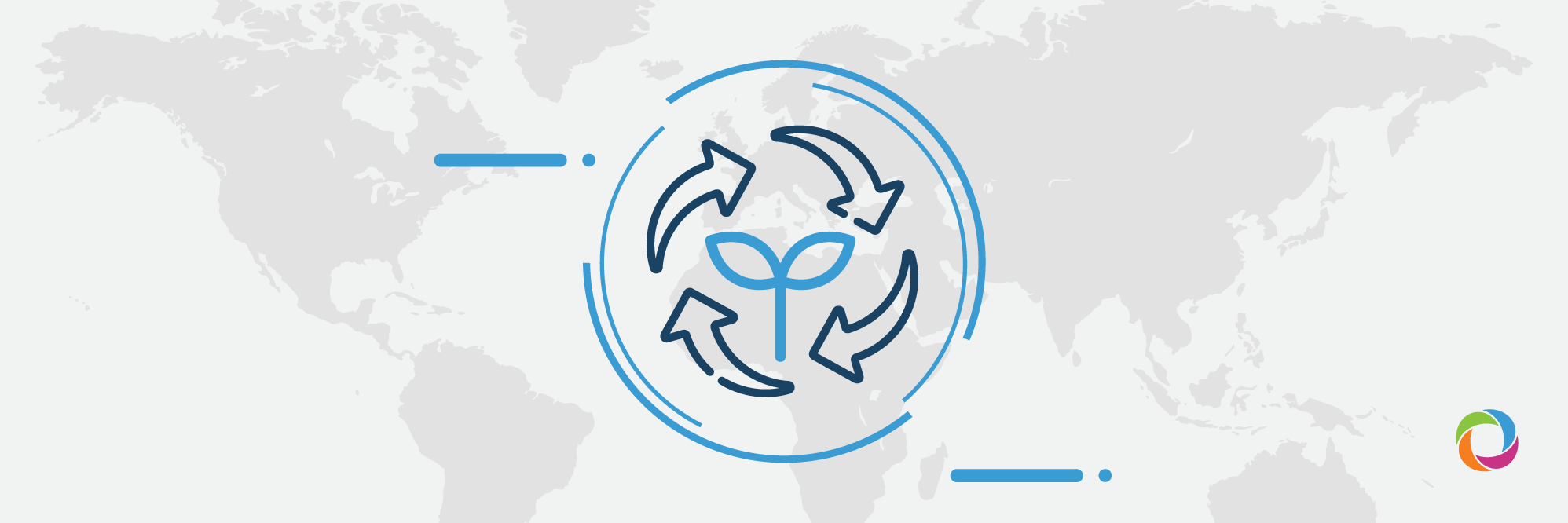The initiative of the United Nations Environment Programme Finance Initiative (UNEP FI) to launch the Principles for Responsible Banking was crowned last March when the Civil Society Advisory Body was set up to oversee their implementation by the 220 signatory banks. Since the principles are viewed as a significant step towards supporting the implementation of the Sustainable Development Goals (SDGs), this provoked the question as to whether the move would prompt financial institutions to review their stance on financing small agricultural producers, in particular producers seeking the transition to sustainable agricultural models.
Principles for Responsible Banking
Launched in September 2019, the Principles for Responsible Banking (PRBs) have been undersigned by 220 banks worldwide so far including giants such as BNP Paribas, Citi, Raiffeisen Bank, Intesa Sanpaolo, ING, and Societe Generale to name just a few.
The signatories committed to observe and implement six PRBs, the stated goal of which is to ensure that the banking sector is aligned with the SDGs and the Paris Climate Agreement. For the purposes of this article, we are going to list the first three principles.
The first PRB, “Alignment”, points out the banks’ commitment “to align their business strategy to be consistent with and contribute to individuals’ needs and society’s goals, as expressed in the Sustainable Development Goals, the Paris Climate Agreement, and relevant national and regional frameworks”.
Under the second PRB, “Impact and target settings”, the banks have committed to manage risks so as to reduce a negative impact on people and the environment and to set targets making it possible to reach the most significant positive impact.
Under the third PRB, “Clients and customers”, the signatory banks have also pledged to “work responsibly with our clients and our customers to encourage sustainable practices and enable economic activities that create shared prosperity for current and future generations.”
The Civil Society Advisory Body, appointed to work alongside banks in this initiative, consists of 12 influential organizations including the Climate Action Network (CAN), the International Labor Organization (ILO), and the World Wildlife Fund (WWF). This body is expected to contribute to the implementation of the PRBs by engaging with the signatory banks, providing advice on strategy and framework revisions as well as inputs for regular progress evaluation.
Current access of smallholder farmers to bank loans
When identifying the areas where banks can have the highest positive impact, agriculture remains one of the most significant sectors in respect of the achievement of both SDGs and climate goals. Banks play an important role in supporting sustainable agricultural practices through their activities. Nevertheless, although it is estimated that small farms represent about 85% of the world’s farms and smallholders produce about 80% of the world’s food, there are few financial instruments, if any, dedicated to their specific needs.
As the High-Level Panel of Experts of the Committee on Food Security put it, the key obstruction to stimulating investment is the weakness of the financial and banking systems in supporting smallholder agriculture. Specifically, credit constraints such as collateral requirement and associated risks make this category of borrowers more likely to be rejected. According to a survey on financial needs and access to finance of EU agricultural enterprises, risk aversion and the absence of acceptable collateral are the main reasons why farm applications are turned down.
PRBs – “a step in a good direction”
Previous attempts to facilitate access to financing for small producers, including those that implied the involvement of the international community, rarely succeeded as financial institutions “had too many conditionalities and were not adapted to farmers’ needs”, said Dr. Angela Hilmi, Associate Professor at the Centre for Agroecology, Water and Resilience, Coventry University.
In a conversation with Development Aid, Angela Hilmi described the Principles for Responsible Banking as “a step in a good direction” that have the potential to contribute to a positive change in agriculture. However, for progress to be made a different logic is needed.
Smallholder producers and agricultural entrepreneurs or corporations follow different logic patterns, Hilmi explained. Smallholders lay the emphasis on “production per labour object, care, dedication, self-sufficiency, aesthetic of the farm” whereas “business entrepreneurs judge in terms of price-cost ratio, margin, technology, scale, income”. What investors and financial institutions need to understand is that ‘by achieving dramatic reductions in input costs, agroecology businesses can achieve higher levels of Value Added and hence profitability for the farmer,’ states the report of the Food, Farming and Countryside Commission.
Changing the mindset is known to be one of the most challenging endeavours and the Civil Society Advisory Body will most likely have a role to play in this process to ensure the compliance of the banking sector with the Principles for Responsible Banking and hence set up their contribution to the fulfilment of the United Nations’ SDGs and their enforcement regardless of the sector involved, be this agriculture or others.

